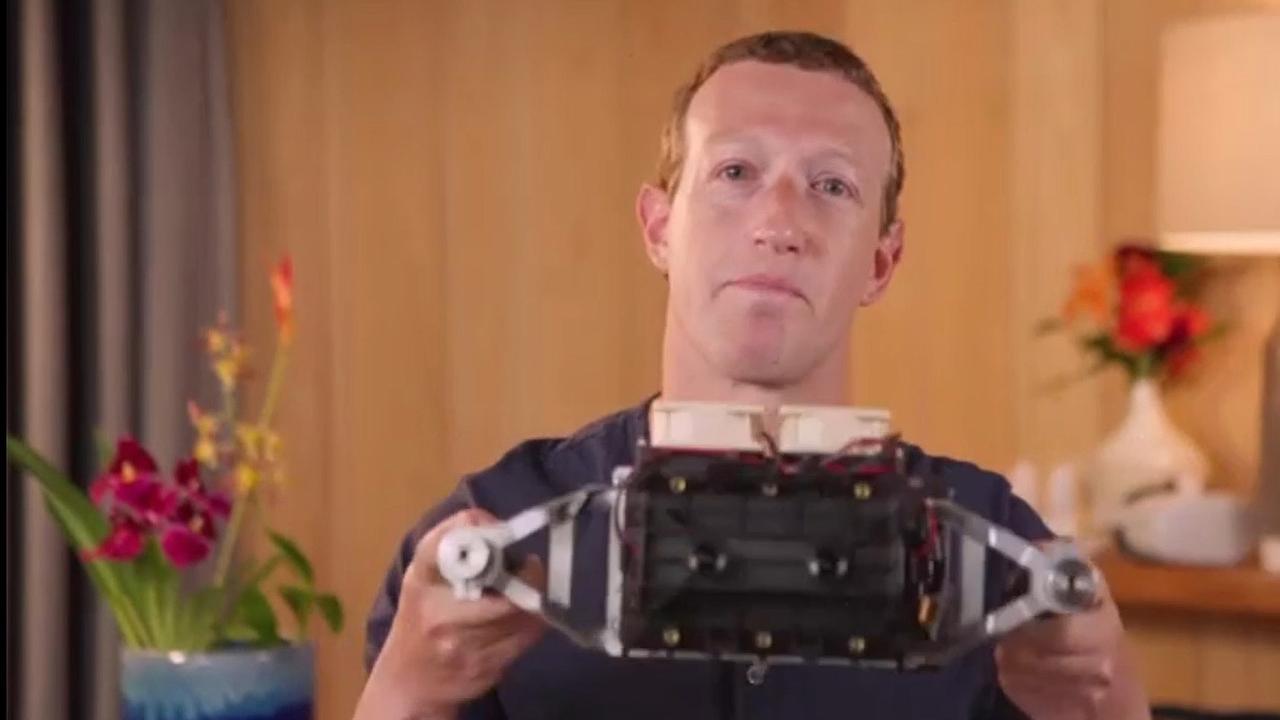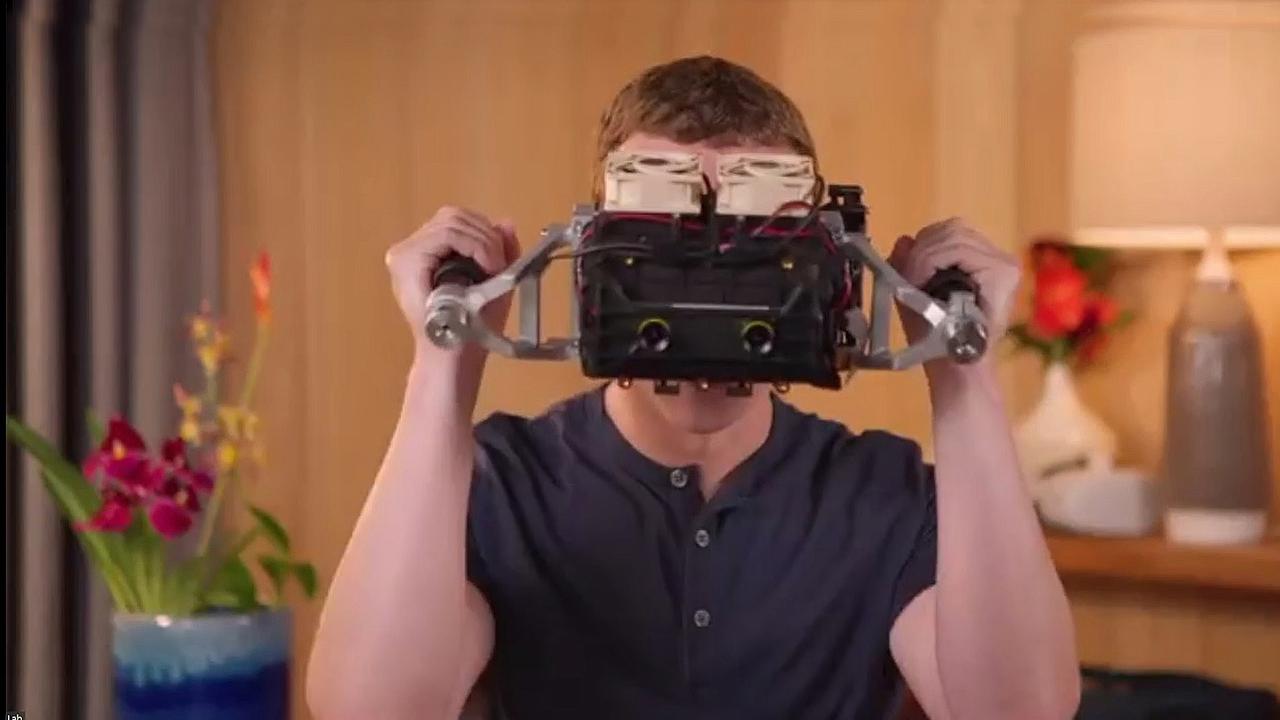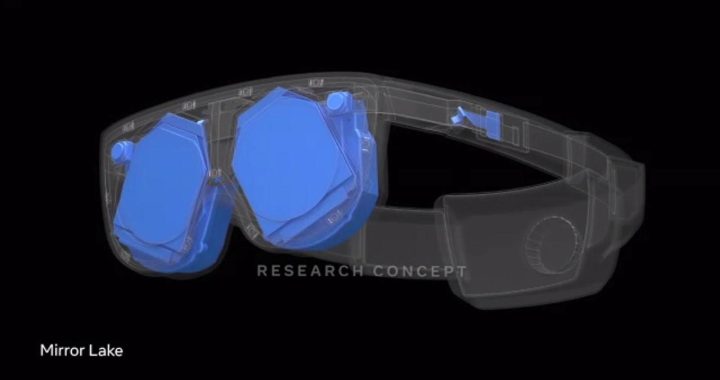Mark Zuckerberg has displayed prototype VR headsets that make the metaverse look as real as reality itself. Speaking at a Meta Reality Labs briefing, Zuckerberg indicated the key to the public adopting the metaverse was realism – getting our eyes and brains into feeling we are viewing the real world in VR.
“These are some pretty interesting problems, because they’re all about how we physically perceive things and how our eyes process visual signals, and how our brains interpret them to construct a model of the world,” he said.
“If that was someone in your family who lives far away or someone who you’re collaborating on a project with, or even an artist who you like, you can imagine what it would be like to really feel like they’re there with you and that you’re physically together.”
Meta aims to build higher resolution headsets that let your eyes focus at different distances, with retina level resolution across the field of view. Headset displays have to be 10 times brighter than HD TV displays to match real world conditions. They have to offer realistic motion tracking with low latency, and be comfortable to wear.
The Meta CEO details what’s needed for VR headsets to replicate real world quality.
“We’ve solved some of these challenges already and for others, there’s still a lot of work to do in building these devices,” says Zuckerberg. It’s an integrated effort and includes not just displays but also state of the art work on software and silicon sensors and other hardware that each work together seamlessly.”
The prototype headsets included Meta’s Mirror Lake research concept headset. It could be what a next generation VR headset looks like.
READ MORE: Review: 13-inch Apple MacBook Pro 2022 | AI beats humans at investing | Rode releases a podcasting wizard | Next up: the 3D holographic video
Zuckerberg’s metaverse has parallels to the metaverse described in author Neal Stephenson’s 1992 novel Snow Crash – an urban environment with virtual real estate accessed through personal terminals that project a high-quality VR display onto goggles. Users wearing this paraphernalia are dubbed “gargoyles” due to their unsavoury appearance.
People are attracted to Stevenson’s metaverse as an escape from a dystopian Los Angeles. Zuckerberg will hope more positive reasons drive participants to his metaverse.
While Meta is busily solving metaverse technical issues, most of the public couldn’t give a damn. In fact, the situation is the reverse. People are enjoying engaging with each other face-to-face after two years of lockdown and Zoom calls. Warm blooded human embraces are in, and slipping back into virtualisation doesn’t seem a priority.
Yet businesses and investors are confidently pouring billions into virtual real estate and companies building metaverse gaming, retail, digital classrooms, training environments and more.



A report this month by US consultancy firm McKinsey says more than $US120bn ($172bn) was invested in building out metaverse technology and infrastructure in the first five months of this year.
“Our bottom-up view of consumer and enterprise use cases suggests it could generate up to $US5 trillion in impact by 2030 – about the size of Japan’s economy, the world’s third-largest,” the report says.
Meta will hope the metaverse’s success will be similar or even better to online games which this year could rake in more than $US26bn. Meta should exclude competitors, according to a 50-page manifesto by Oculus executive Jason Rubin in 2018.
“Let’s not build the metaverse with the plan to help other platforms accumulate and retain consumers,” he wrote. “Let’s build the metaverse to keep them from being in the VR business in a meaningful way at all,” according to reports of the document.
Rubin is aware of having to rope in the community. “Only such an enormous launch will have the ability to get the eye of VR doubters and VR-maybe-tomorrow crowd.”
Consumers could well dabble in Meta’s metaverse but it is uncertain how dominant it will be in their lives and how much it will take over from their real world activities. That’s provided the real world remains a pleasant place to be.
